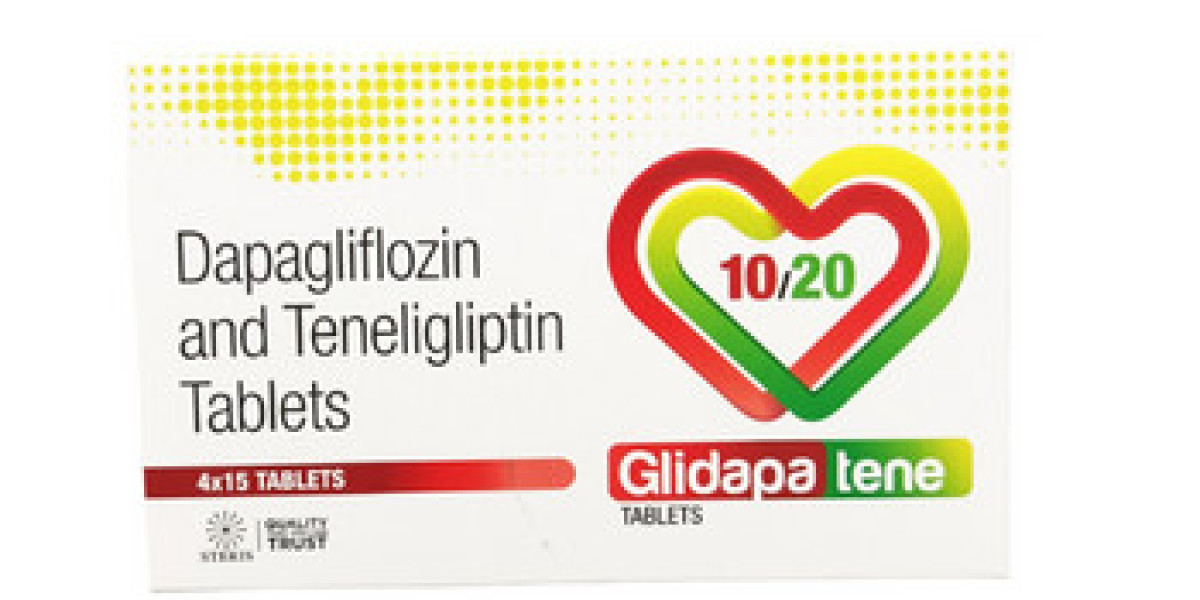Anxiety disorders affect millions worldwide, impacting mental health and overall well-being. While conventional treatments exist, interest in natural remedies is growing. Coconut oil, derived from the fruit of the coconut palm, has gained attention for its potential therapeutic properties, including its purported ability to alleviate anxiety. This article explores the scientific evidence supporting coconut oil's role in treating anxiety and its mechanisms of action.
Understanding Anxiety:
Anxiety is a complex mental health condition characterized by excessive worry, fear, and nervousness. It can manifest in various forms, such as generalized anxiety disorder (GAD), social anxiety disorder, panic disorder, and phobias. Individuals with anxiety often experience physical symptoms like increased heart rate, sweating, trembling, and difficulty concentrating, significantly impairing their daily functioning.
Conventional Treatments and Limitations:
Conventional treatments for anxiety typically include psychotherapy, medication (such as benzodiazepines and selective serotonin reuptake inhibitors), and lifestyle modifications. While these approaches can be effective for many individuals, they may come with side effects and limitations. Moreover, some people may prefer natural remedies due to concerns about the long-term use of pharmaceuticals.
Coconut Oil: Composition and Health Benefits:
Coconut oil is a versatile tropical oil extracted from the meat of mature coconuts. Rich in saturated fats, particularly medium-chain triglycerides (MCTs) like lauric acid, coconut oil has been praised for its various health benefits. These include promoting heart health, boosting brain function, supporting weight loss, and exhibiting antimicrobial properties.
Potential Mechanisms of Coconut Oil in Anxiety Relief: Research suggests several mechanisms through which coconut oil may help alleviate anxiety:
- MCTs and Brain Health: MCTs, abundant in coconut oil, are readily metabolized by the liver and converted into ketones, which serve as an alternative energy source for the brain. Ketones have neuroprotective effects and may enhance cognitive function, potentially modulating neurotransmitter activity implicated in anxiety, such as gamma-aminobutyric acid (GABA) and serotonin.
- Anti-inflammatory Effects: Chronic inflammation has been linked to the development and exacerbation of anxiety disorders. Coconut oil contains compounds with anti-inflammatory properties, such as polyphenols and fatty acids, which may help reduce inflammation in the brain and alleviate symptoms of anxiety.
- Antioxidant Activity: Oxidative stress, resulting from an imbalance between free radicals and antioxidants in the body, is implicated in anxiety and other psychiatric disorders. Coconut oil contains antioxidants that scavenge free radicals, protecting against oxidative damage and potentially mitigating anxiety-related symptoms.
- Gut-Brain Axis Modulation: Emerging research suggests a bidirectional relationship between the gut and the brain, known as the gut-brain axis. Coconut oil may influence gut health by promoting the growth of beneficial gut bacteria and reducing intestinal inflammation, thereby indirectly impacting brain function and mood regulation.
Clinical Evidence and Studies:
While anecdotal reports and preliminary studies suggest coconut oil's potential in anxiety management, robust clinical evidence is limited. Most research has focused on animal models or small-scale human trials, warranting further investigation to elucidate coconut oil's efficacy, optimal dosage, and long-term effects in anxiety treatment.
Practical Considerations and Usage: Incorporating coconut oil into one's diet can be as simple as using it for cooking, baking, or as a spread. Additionally, coconut oil can be consumed in its raw form or added to smoothies, coffee, or tea. However, it's essential to use coconut oil in moderation due to its high calorie and fat content.
Precautions and Caveats:
While coconut oil is generally considered safe for most individuals when consumed in moderation, allergic reactions or gastrointestinal discomfort may occur in some people. Moreover, individuals with underlying medical conditions, such as hyperlipidemia or obesity, should consult healthcare professionals before incorporating coconut oil into their regimen.
Conclusion:
Coconut oil's potential role in anxiety treatment is a promising area of research, albeit one that requires further exploration. While preliminary evidence suggests various mechanisms through which coconut oil may exert anxiolytic effects, larger-scale clinical trials are needed to validate these findings and establish coconut oil's efficacy, safety, and optimal usage in managing anxiety disorders. Nonetheless, as part of a holistic approach to mental health and well-being, coconut oil holds promise as a natural adjunct to conventional therapies for anxiety relief.



